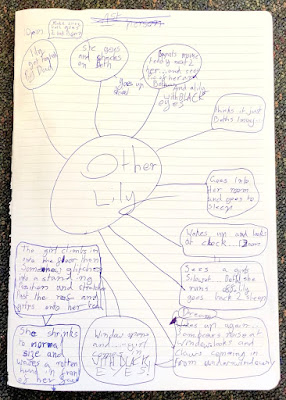Agency & Instruction -Essential For Young Writers

'Agency is about having control over your choice of writing topic and ownership over how you go about writing it. Agency helps create a culture of writers with self determination.' Ross young and Felicity Ferguson 'Real World Writers-A handbook For Teaching Writing With 7-11Year Olds' Across the years I have worked with many teachers who constantly strived to provide young writers in their care with a genuine sense of agency. They worked respectfully to develop a classroom culture where every writer was encouraged and supported to make informed decisions regarding writing projects they wished to pursue. Many of these teachers were operating from this position before the term -agency, ever came into vogue. Agency produces great results. Its presence leads to the successful production of meaningful writing pieces. Writers with a strong sense of agency frequently exceed expectations, improve their academic outcomes and exhibit increased engagement and motivation for writ...




